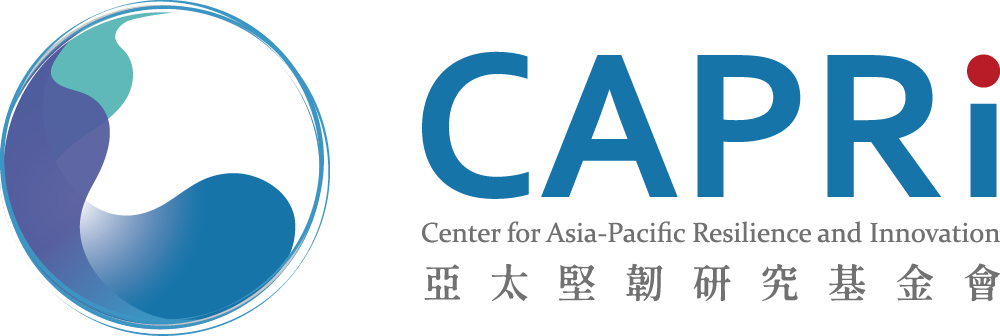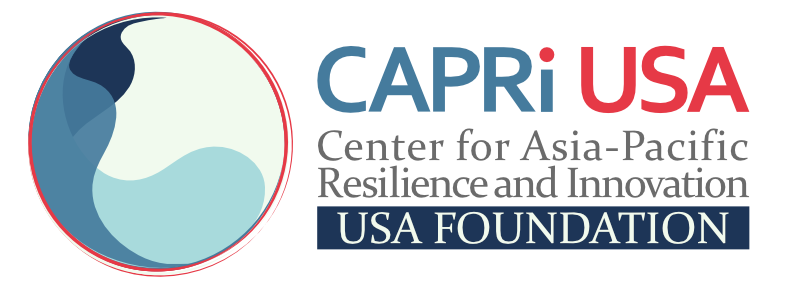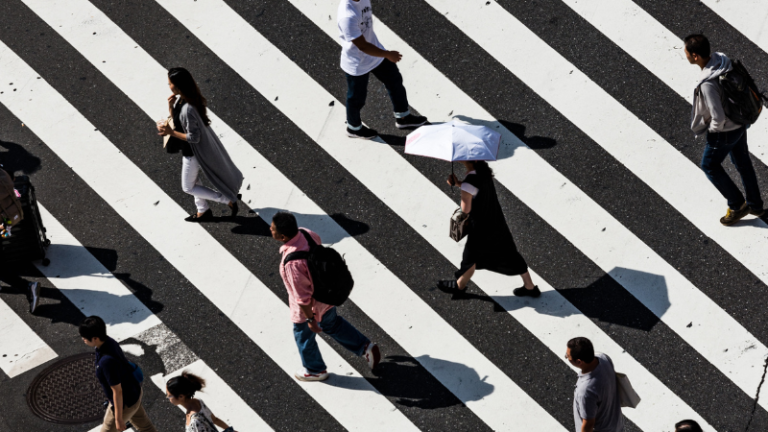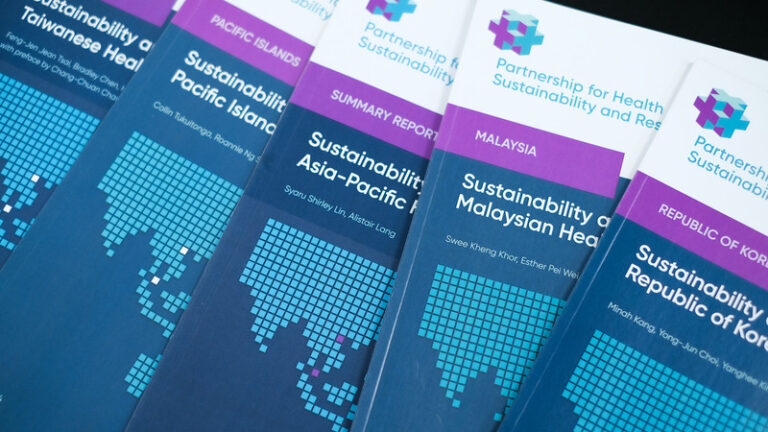
Anchoring Taiwan’s Future during Trump 2.0: Building Resilience from Within
This policy paper discusses how Taiwan can leverage its strengths and continue to build resilience amidst domestic and international uncertainty during the second Trump administration.



